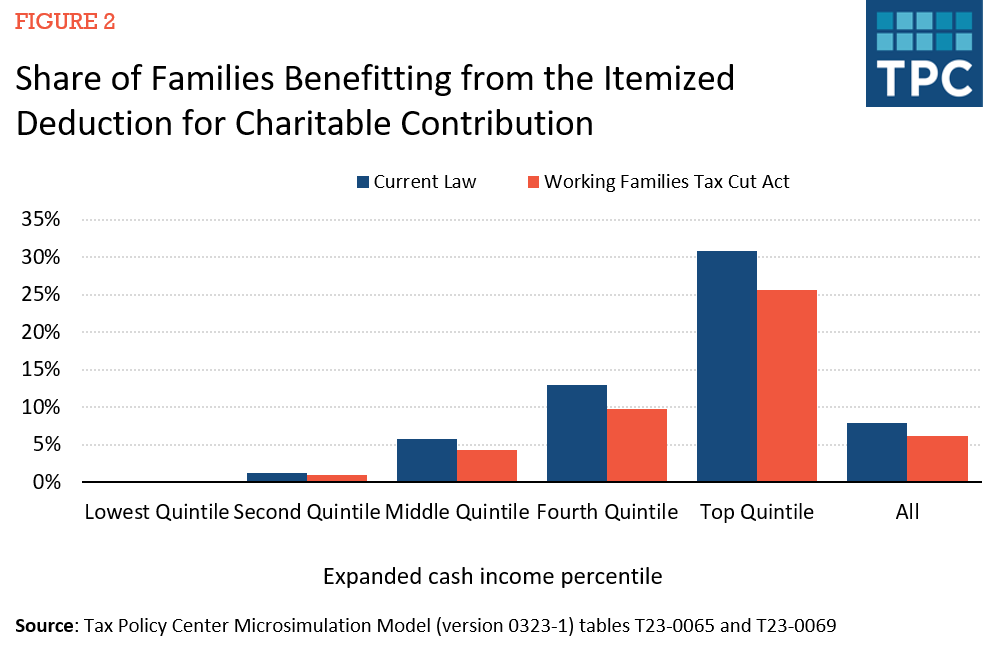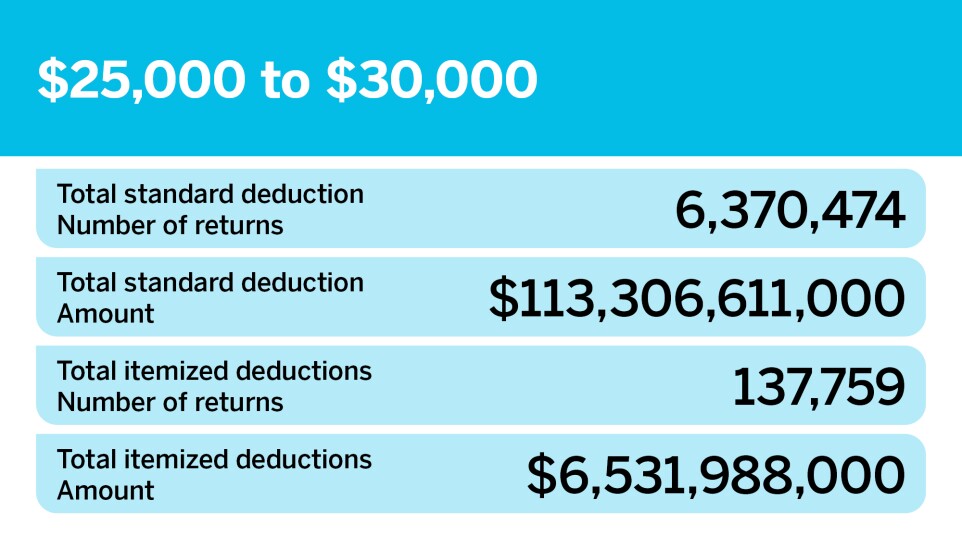FAQs about the FEIE Standard Deduction explained clearly
Wiki Article
Everything about the Foreign Earned Earnings Exemption: Optimizing Your Standard Deduction Advantages
The Foreign Earned Earnings Exemption (FEIE) offers a useful opportunity for united state people living abroad to minimize their tax obligations. Recognizing the qualification requirements is necessary for those looking for to gain from this exclusion. In addition, asserting the basic reduction can boost overall tax obligation advantages. However, managing this process involves mindful interest to information and a recognition of common mistakes. Exploring these aspects can provide clearness and make best use of potential tax obligation benefits.Comprehending the Foreign Earned Income Exclusion (FEIE)
The Foreign Earned Earnings Exemption (FEIE) allows united state people and resident aliens working abroad to leave out a section of their international earnings from government earnings tax. This stipulation works as a monetary relief system, allowing expatriates to keep a larger share of their income gained in international countries. By lowering taxed revenue, the FEIE assists minimize the concern of dual tax, as people may also be subject to taxes in their host countries. The exemption applies only to earned income, which consists of salaries, incomes, and specialist charges, while passive income and investment gains do not certify. To gain from the FEIE, people need to file details kinds with the IRS, detailing their foreign incomes and residency - FEIE Standard Deduction. Comprehending the nuances of the FEIE can greatly influence financial preparation for U.S. people living overseas, making it necessary for migrants to remain educated about this advantageous tax provisionEligibility Criteria for the FEIE
To qualify for the Foreign Earned Earnings Exclusion (FEIE), people must fulfill certain qualification criteria. This consists of enjoyable residency needs, passing the physical visibility test, and developing a tax obligation home in an international nation. Each of these factors plays an essential duty in establishing whether one can take advantage of the exclusion.Residency Needs
Satisfying the residency needs is important for people seeking to qualify for the Foreign Earned Revenue Exclusion (FEIE) To be qualified, taxpayers must develop a bona fide residence in an international country or countries for a continuous period that normally extends a whole tax year. This demand highlights the need of a much deeper connection to the international location, relocating beyond mere physical existence. People must show their intent to live in the foreign country and have actually established their living situation there. Elements such as the size of remain, kind of housing, and local area involvement are considered in determining residency. Satisfying these requirements is crucial, as failure to do so might invalidate one from gaining from the FEIE.Physical Existence Examination
Establishing eligibility for the Foreign Earned Income Exclusion (FEIE) can additionally be accomplished via the Physical Presence Test, which requires people to be physically present in a foreign nation for at the very least 330 full days during a consecutive 12-month period. This examination is helpful for those who may not fulfill the residency need yet still live abroad. The 330 days should be full days, implying that any kind of day spent in the USA does not count toward this overall. It is important for people to keep exact records of their traveling dates and locations to support their insurance claims. Effectively passing this examination can substantially lower taxable revenue and enhance monetary outcomes for migrants.Tax Home Area
Tax home area plays a necessary function in determining qualification for the Foreign Earned Income Exemption (FEIE) To qualify, a private must establish a tax home in an international country, which means their primary place of organization is outside the United States. This stands out from a simple home; the private must perform their job in the foreign nation while maintaining a considerable link to it. The internal revenue service requires that the taxpayer can demonstrate the intent to stay in the international location for an extensive period. Additionally, keeping a home in the U.S. can make complex eligibility, as it might recommend that the person's real tax home is still in the USA. Understanding this requirement is essential for making best use of FEIE advantages.How to Declare the FEIE on Your Tax Obligation Return
Declaring the Foreign Earned Income Exclusion (FEIE) on an income tax return requires cautious attention to detail and adherence to specific IRS guidelines. Taxpayers need to initially validate eligibility by fulfilling either the authentic house test or the physical presence test. Once qualification is verified, they must finish internal revenue service Kind 2555, which information foreign made revenue and pertinent details regarding their tax home.It is vital to report all international revenue accurately and preserve ideal documents to sustain cases. Taxpayers must likewise know the maximum exemption limit, which goes through yearly modifications by the internal revenue service. Filing Type 2555 alongside the yearly tax return permits taxpayers to omit a section of their foreign earnings from united state taxes. It is advisable to consult a tax professional or IRS sources for updated info and guidance on the FEIE procedure, ensuring conformity and maximization of prospective benefits.

The Requirement Deduction: What You Required to Know
Just how does the common reduction impact taxpayers' general monetary circumstance? The basic reduction works as a significant tax obligation advantage, decreasing gross income and potentially reducing tax obligation responsibilities. For the tax year 2023, the conventional deduction is set at $13,850 for single filers and $27,700 for wedded pairs submitting collectively. This deduction simplifies the declaring procedure, as taxpayers can decide for it instead of making a list of deductions, which needs thorough record-keeping.
Taxpayers earning foreign income may still claim the common reduction, taking advantage of minimized gross income also while using the Foreign Earned Income Exclusion (FEIE) However, it is necessary to note that the basic deduction can not be combined with itemized reductions for the exact same tax obligation year. try here Consequently, understanding the common deduction allows taxpayers to make educated decisions concerning their tax obligation techniques, optimizing offered benefits while making certain compliance with internal revenue service policies
Methods for Maximizing Your Reductions
Optimizing deductions under the Foreign Earned Income Exemption needs a clear understanding of earned revenue limits and the benefits of asserting real estate exemptions. In addition, using Form 2555 successfully can enhance the potential for substantial tax savings. These methods can considerably affect the overall tax obligation liability for migrants.Understand Made Income Limitations
While lots of migrants seek to lower their tax problem, recognizing the made earnings limitations is important for successfully leveraging the webpage Foreign Earned Revenue Exclusion. The Irs (INTERNAL REVENUE SERVICE) sets details thresholds that dictate the optimum amount of international made revenue eligible for exemption. For the tax obligation year 2023, this limit is $120,000 per certified person. Exceeding this limit may result in tax on the earnings above the limitation, reducing the advantages of the exemption. To optimize deductions, expatriates should maintain accurate records of their foreign made income and evaluate their eligibility for the exemption annually. Strategic planning around these limitations can greatly boost tax obligation savings, permitting expatriates to optimize their monetary scenario while living abroad.Claiming Housing Exclusion Advantages
Numerous expatriates overlook the potential advantages of asserting the Housing Exemption, which can greatly reduce their gross income. This exemption enables people living abroad to deduct specific housing expenditures from their gross income, making it easier to meet economic commitments without incurring substantial tax obligation liabilities. To optimize this benefit, expatriates should validate they qualify based upon their residence and work situations. In addition, comprehending qualified expenses-- such as lease, utilities, and upkeep-- can boost the general deduction. Keeping detailed records of these prices is important for confirming cases. By tactically navigating through the Housing Exemption, expatriates can especially reduce their tax obligation worry and maintain more of their incomes while living overseas, inevitably boosting their economic well-being.Use Form 2555 Effectively
Making use of Form 2555 successfully can substantially boost the economic advantages offered to expatriates, specifically after taking benefit of the Real estate Exclusion. This type permits individuals to declare the Foreign Earned Income Exclusion, which can substantially lower taxable income. To take full advantage of reductions, migrants should confirm they meet the credentials, consisting of the physical visibility test or the authentic residence test. It is important to precisely report all international earned earnings and to keep detailed documents of qualification. In addition, utilizing the Housing Exemption in tandem with Kind 2555 can even more reduce general tax liability. By understanding the complexities of these types, expatriates can maximize their tax circumstance and retain even more of their hard-earned earnings while living abroad.Usual Risks to Stay Clear Of When Filing Your Tax Obligations Abroad

Frequently Asked Inquiries
Can I Assert Both FEIE and the Foreign Tax Debt?
Yes, a person can declare both the Foreign Earned Earnings Exemption (FEIE) and the Foreign Tax Credit (FTC) They have to ensure that the very same revenue is not made use of for both benefits to avoid dual advantages.What Takes place if I Go Beyond the FEIE Earnings Limit?
Going Beyond the Foreign Earned Income Exemption (FEIE) earnings limit causes the ineligibility for the exclusion on the excess amount. This could bring about gross income in the USA, requiring ideal tax obligation filings.Are There Any Type Of State Tax Obligation Effects for FEIE?
State tax implications for the Foreign Earned Earnings Exemption (FEIE) differ by state. Some states may strain international revenue while others follow federal exemptions, making it necessary for people to speak with state-specific tax obligation laws for quality.
Exactly How Does FEIE Influence My Social Safety Advantages?
The Foreign Earned Income Exemption (FEIE) does not straight affect Social Protection benefits. Nevertheless, income excluded under FEIE might affect the estimation of ordinary indexed month-to-month earnings, possibly influencing future benefits.Can I Revoke My FEIE Election After Declaring It?
Yes, an individual can withdraw their Foreign Earned Income Exclusion (FEIE) political election after asserting it. This revocation must be done in creating and submitted to the IRS, adhering to particular standards and target dates.Recognizing the Foreign Earned Earnings Exclusion (FEIE)
The Foreign Earned Income Exclusion (Exemption) allows U.S. citizens united state residents aliens working abroad functioning exclude a portion of their foreign earnings international revenues income taxRevenue Taxpayers earning foreign revenue may still assert the standard reduction, profiting from minimized taxed income even while using the Foreign Earned Revenue Exclusion (FEIE) Optimizing reductions under the Foreign Earned Revenue Exemption needs a clear understanding of made revenue limits and the advantages of claiming housing exclusions. While several migrants seek to lower their tax obligation problem, comprehending the made revenue limitations is essential for efficiently leveraging the Foreign Earned Revenue Exemption. Exceeding the Foreign Earned Earnings Exclusion (FEIE) revenue limitation results in the ineligibility for the exemption on the excess amount.
Report this wiki page